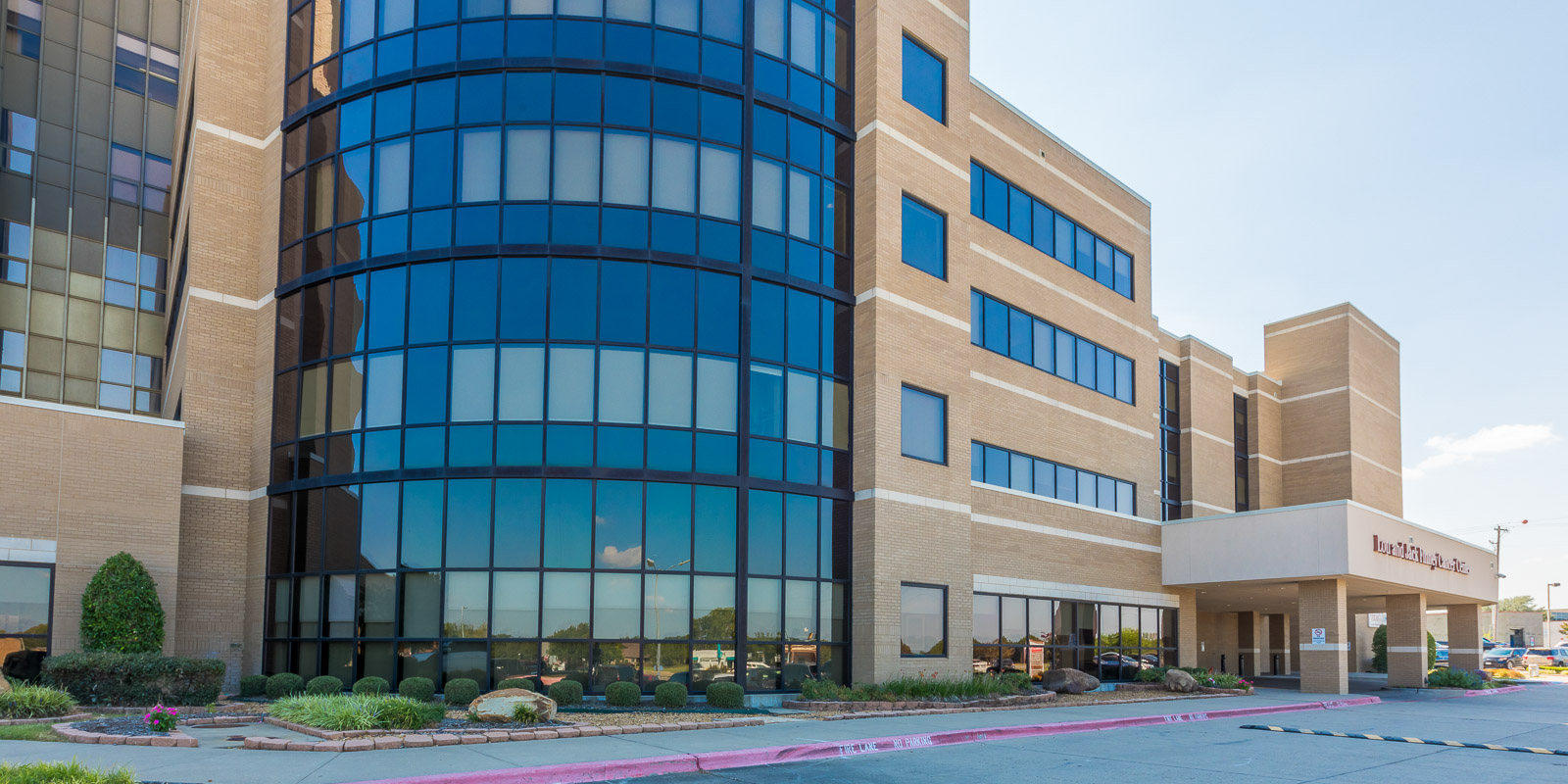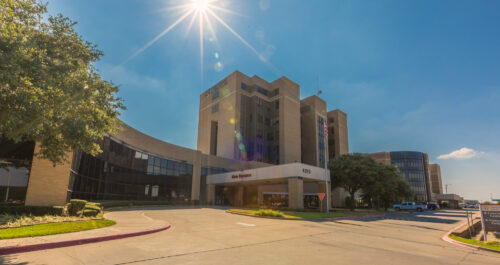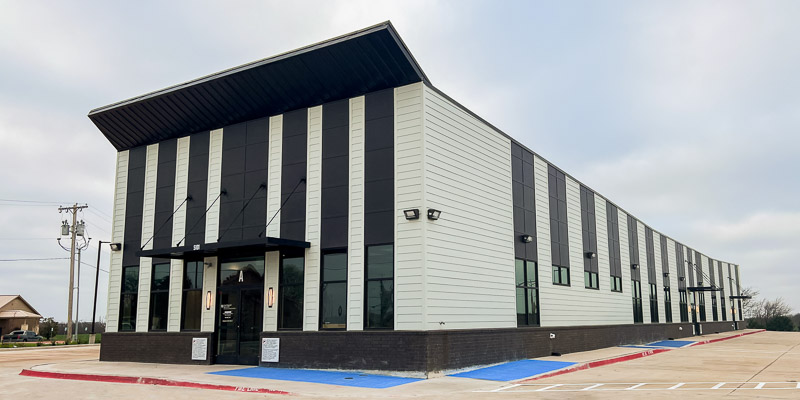diagnostic procedures
GI procedures may also include diagnostic procedures such as colonoscopies, which aren’t conducted because of a health condition, but are conducted to identify potential health problems.
GI procedures such as colonoscopies and endoscopies may be performed by a gastroenterologist, while surgeries for conditions such as appendecitis, gallbladders, and hernias will be performed by a general surgeon. No matter what type of GI procedure is taking place and what gastrointestinal diseases it is treating – whether it’s a common procedure like a colonoscopy or something rarer, Hunt Regional GI specialists operate with the upmost care. They work side-by-side with our anesthesiologists who have specialized training in the latest techniques for ambulatory and minor surgery, pediatric anesthesia, and post-operative pain management.
The types of GI procedures performed at our Greenville, TX hospital include the following:
A bronchoscopy is another type of diagnostics GI procedure. During it, the surgeon will insert a bronchoscope (scope-like device) into the patient’s airway to look at the throat, larynx, trachea and lower airways and spot potential health problems. This is a minimally invasive procedure.
Learn more about bronchoscopies performed at Hunt Regional.
A colonoscopy is similar to a bronchoscopy in that it involves the insertion of a scope-like device to examine the inside of the body. However, this procedure examines the inner lining of the colon. It’s a routine diagnostic procedure often used to diagnose ulcers, colon polyps, tumors (colon, rectal or colorectal cancer), inflammation or bleeding. This is also a minimally invasive procedure.
When a GI specialist needs to closely examine the esophagus, he may recommend an esophagoscopy. This procedure involves the insertion of a flexible scope into the mouth down to the esophagus. It’s a minimally invasive procedure that projects images of the inside of the esophagus for the physician to see, and may be used to help diagnose gastroesophageal reflux disease (GERD) or other GI conditions.
A hemorrhoid is a swollen vein or group of veins that typically develops in or near the anus. Polyps are small clusters of cells that can form further in the gastrointestinal tract, in the rectum or lining of the colon. Polyps can be benign (noncancerous) or malignant (cancerous) and often require surgical removal.
For those who have never gone through such a procedure, it can be nerve-racking. No matter which GI procedure you or your loved one may be preparing for, or which gastrointestinal disease you are dealing with, remember that our experienced team of medical professionals will be by your side throughout the entire process – from admittance to recovery.
The Bravo™ reflux testing system uses advanced technology integrated into a mall capsule to measure pH levels (acid content) in your esophagus for up to 96 hours. This test also allows your gastroenterologist to measure the effect of PPI medication on pH levels and reflux symptoms.
The Bravo reflux testing system:
- Is a minimally invasive procedure
- Allows you to continue regular daily activities and diet
- Helps your physician make a confident diagnosis
- Is preferred by 96% of patients over catheter-based tests
1 in 3 people on meds for GERD (PPIs) do not actually have GERD. Other conditions can mimic the same symptoms. This tool helps diagnose correctly to treat effectively with medications or surgery.



